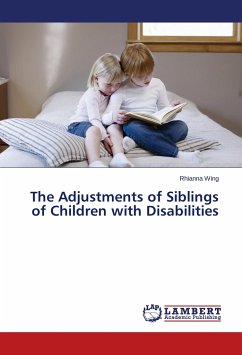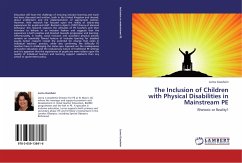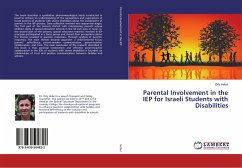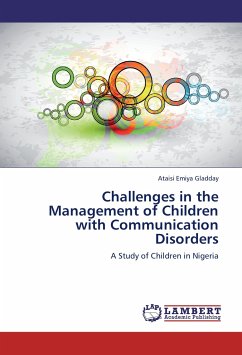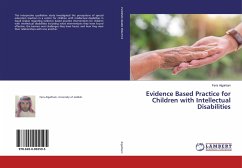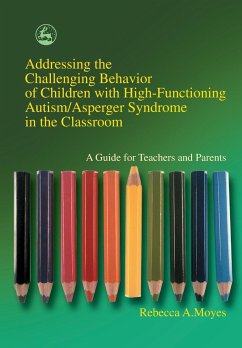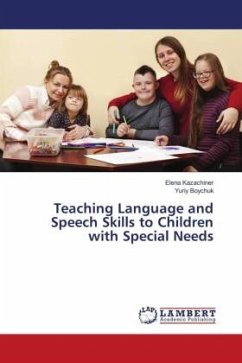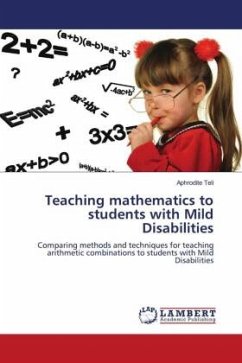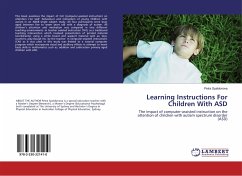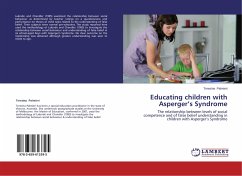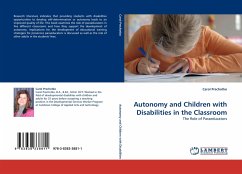
Autonomy and Children with Disabilities in the Classroom
The Role of Paraeducators
Versandkostenfrei!
Versandfertig in 6-10 Tagen
39,99 €
inkl. MwSt.

PAYBACK Punkte
20 °P sammeln!
Research literature indicates that providing students with disabilities opportunities to develop self-determination or autonomy leads to an improved quality of life. This book examines the role of paraeducators in five different classrooms and how they support the development of autonomy. Implications for the development of educational training strategies for preservice paraeducators is discussed as well as the role of other adults in the students' lives.



